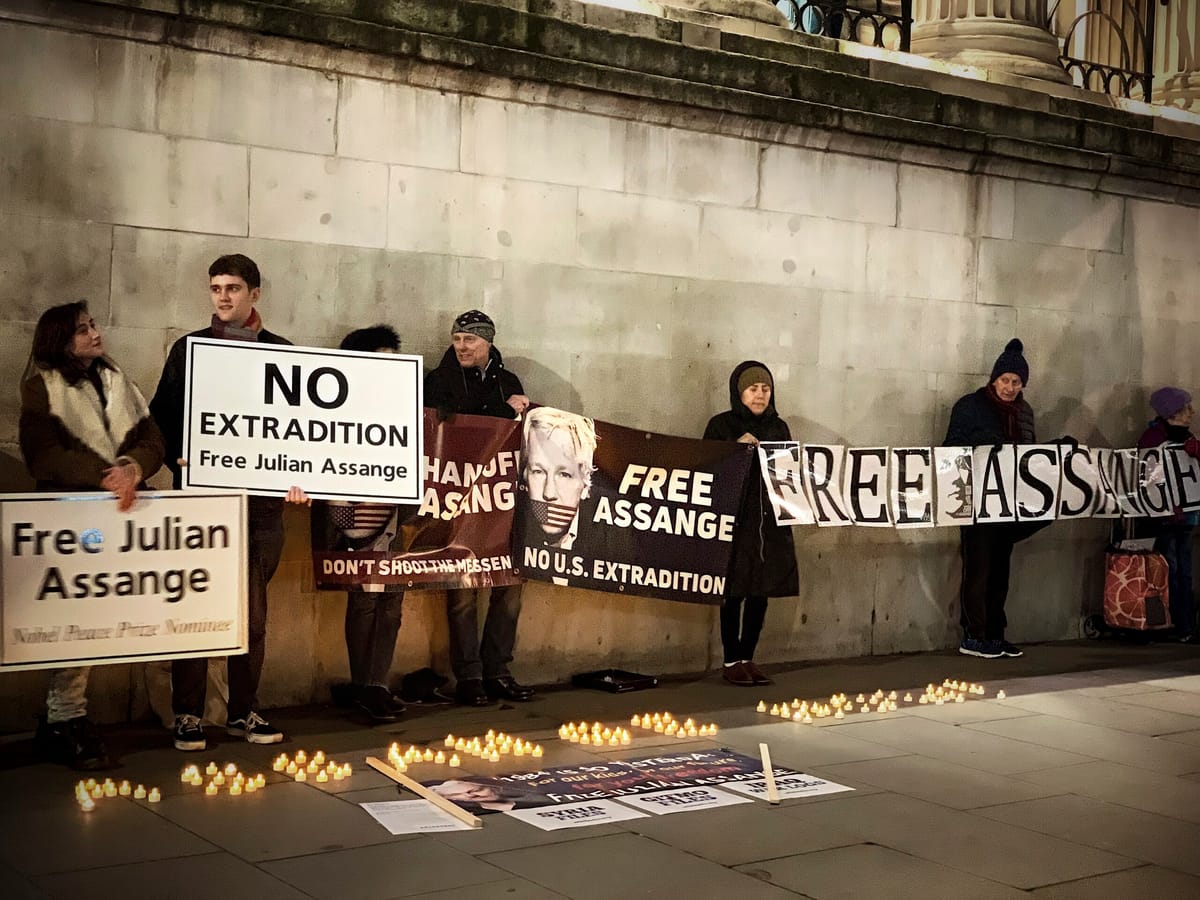Assange Extradition Put on Pause

By Frances Howe, LLB
Trigger warning: mention of suicide and sexual violence
On 4 January 2021, the United States’ request to extradite Wikileaks founder Julian Assange from the UK was blocked. Judge Vanessa Baraitser dismissed the request at the Old Bailey Crown Court on the basis that Assange’s mental health had deteriorated, putting him at risk of suicide. The US Department of Justice has applied to appeal the decision.
‘The US Department of Justice has applied to appeal the decision.’
Assange was denied bail on 6 January with Judge Baraitser citing his asylum in the Ecuadorian Embassy as evidence that Assange may again attempt to abscond from future proceedings. Assange has already been in Belmarsh Prison for 18 months.
The US Justice Department formally requested the extradition of Assange in June 2020 following Assange’s detainment by British police forces on 11 April. If the appeal is successful, Assange will face up to 175 years in prison in the United States for multiple breaches under the Espionage Act of 1917. Assange is accused of publishing 470,000 classified documents pertaining to the US military through Wikileaks.
On 4 January 2021, Judge Baraitser told the court that she found that the ‘mental condition of Mr. Assange is such that it would be oppressive to extradite him to the United States of America.’ Judge Baraitser noted the ‘extreme’ US prison conditions as a threat to Assange’s mental health. Judge Baraitser otherwise accepted the allegations by the US Department of Justice against Assange.
Assange was arrested in April 2019 after British forces were invited into the Ecuadorian Embassy in London where he had spent seven years. Assange first sought asylum in the Ecuadorian embassy in 2012 following an extradition request from Sweden to face an ongoing investigation into allegations of sexual assault against him. Assange remained in the Embassy until Ecuadorian President, Lenín Moreno, refused to continue to grant him asylum.
Assange founded Wikileaks in 2006, wherein thousands of confidential documents have been published, including information on US involvement in the conflicts Afghanistan and Iraq. The US Department of Justice began criminal investigations into the organisation in 2010.
Both Edward Snowden and Chelsea Manning have also been accused of committing crimes under the Espionage Act of 1917. Manning was sentenced to 35 years in prison for leaking around 750,000 documents to Wikileaks. Her sentence was commuted by Barack Obama.
In 2013 Snowden released documents relating to mass-surveillance by the US intelligence authorities. He remains in exile in Russia where he was granted permanent residency in October 2020.
Neither Snowden nor Assange were pardoned by Donald Trump upon his departure from office in January of this year despite calls to do so. Snowden pleaded directly to Donald Trump on 3 December 2020 via Twitter saying, ‘Mr. President, if you grant only one act of clemency during your time in office: free Julian Assange. You alone can save his life.’
Photo caption: A vigil for Assange in Trafalgar Square London, January 2020 (Credit: Gary Knight via Flickr).



